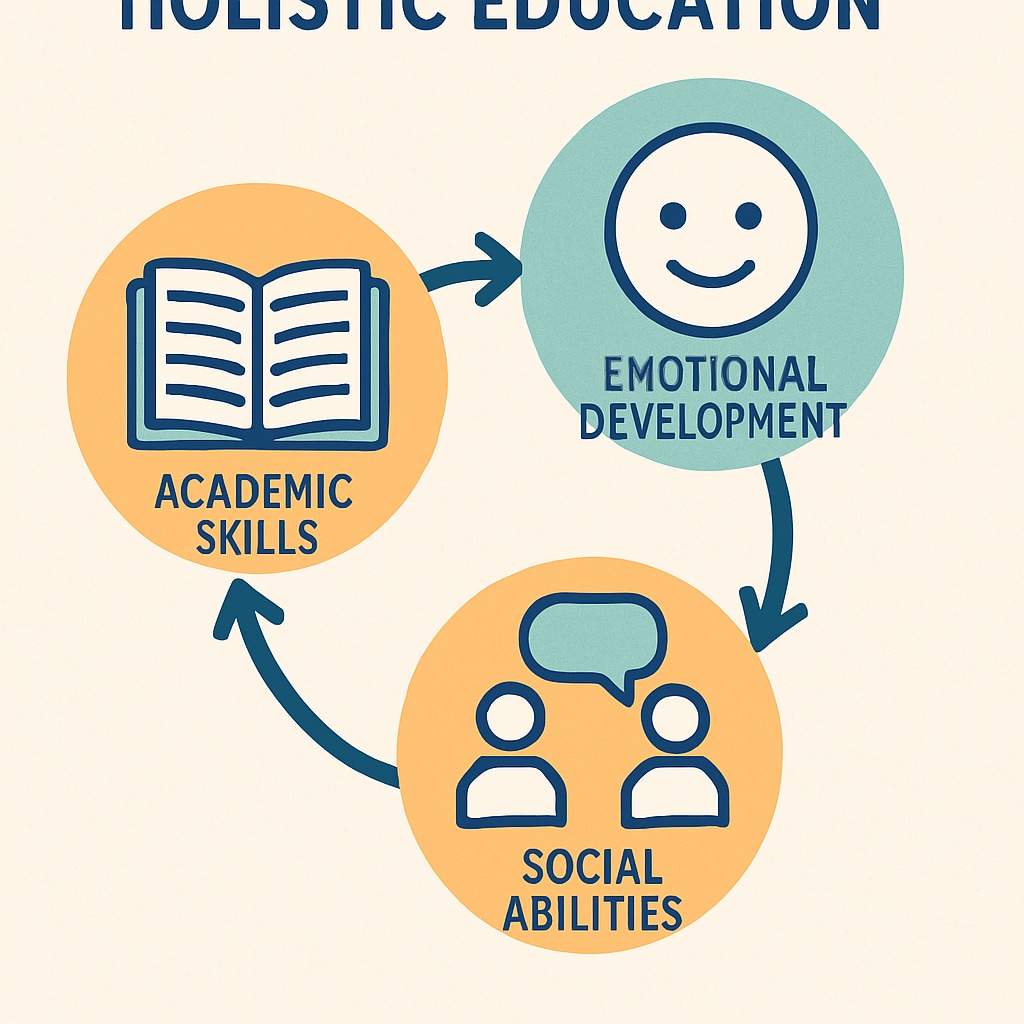When it comes to “Harvard admission, CALM courses, low scores,” many students and parents wonder how a single low grade might affect their chances of getting into one of the world’s most prestigious universities. While academic performance is undoubtedly important, Harvard’s admissions process goes beyond just numbers. This article explores the impact of low scores, the importance of holistic education, and strategies to overcome academic struggles.
Does a Low Score Impact Harvard Admission?
Harvard University, like many elite institutions, follows a holistic admissions process. This means that applicants are evaluated not just on their grades but also on their extracurricular achievements, personal essays, recommendation letters, and overall character. A single low score, especially in K-12 education, is unlikely to disqualify a candidate outright. In fact, admissions officers often look for evidence of resilience, such as how a student has worked to improve after setbacks.
For example, a low score in a challenging subject can demonstrate a student’s ability to persevere and learn from mistakes, qualities highly valued by institutions like Harvard. According to Harvard’s official admissions page, they seek students who are not only academically capable but also intellectually curious and socially aware.

What Are CALM Courses, and How Do They Fit?
The CALM (Career and Life Management) courses, often part of high school curriculums in some regions, focus on developing life skills alongside academic knowledge. While CALM courses may not directly impact admissions decisions at universities like Harvard, they contribute to a student’s overall development. These courses often emphasize emotional intelligence, decision-making skills, and stress management, all of which can indirectly support a stronger college application.
Students who can articulate how courses like CALM helped them overcome challenges or develop leadership skills may find these experiences beneficial in their personal essays or interviews. For example, a student who learned effective time management through CALM coursework might use those skills to excel in extracurricular activities while balancing academics.

Strategies to Overcome Low Scores and Build a Strong Application
While a single low score is not the end of the road, students should take proactive steps to address academic weaknesses and demonstrate improvement. Here are some practical strategies:
- Seek Support: Work with teachers, tutors, or mentors to understand the subject better and improve your grades.
- Highlight Strengths: Focus on other areas where you excel, such as extracurricular activities, leadership roles, or community service.
- Show Resilience: Use your personal essay to explain challenges and how you overcame them, showcasing your ability to grow and learn.
- Plan Ahead: Take advanced courses or electives in areas where you excel to demonstrate intellectual curiosity and academic rigor.
For further insights into academic growth, visit the Education page on Britannica, which provides a comprehensive overview of learning strategies and educational philosophies.
Conclusion: Embracing Holistic Growth
In the context of “Harvard admission, CALM courses, low scores,” it’s clear that elite universities value applicants who demonstrate resilience, intellectual curiosity, and a commitment to self-improvement. Rather than fixating on individual grades, students and parents should focus on fostering holistic growth. Harvard’s admissions philosophy reminds us that education is not just about achieving perfect scores but about becoming a well-rounded, impactful individual.
Ultimately, a low score is not a definitive obstacle but an opportunity to learn and grow. By addressing weaknesses, leveraging personal strengths, and embracing programs like CALM, students can build compelling applications that resonate with admissions officers.


